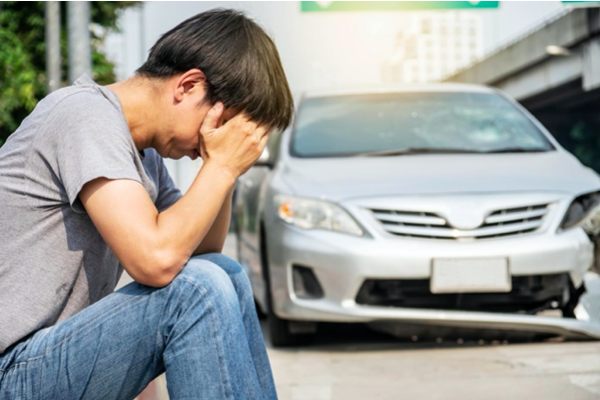How is Fault Decided in a Car Accident?
Car accidents happen every day, and they often have a huge impact on the people involved. As with all accidents, it is important to know who was at fault in the event of an accident. This will enlighten you on your legal rights and responsibilities as a driver or victim.

What is Fault?
Fault generally means who caused an injury or property damage during or after an automobile accident. A common misconception is that whoever gets hurt in a car crash automatically has the right to compensation. However, fault has very little to do with what was injured more, but rather who is responsible for causing the accident.
Who Takes Liability for a Car Accident?
In the event of, liability may be assigned by law to one or more parties involved in the collision. This means that legal responsibility for a collision can be assigned to the victim or the driver based on reasonable grounds. The burden of proof is upon the party seeking to avoid responsibility.
In most cases, it is assumed that both parties are responsible for an accident, and liability can be assigned according to the proportionality principle, which requires that each party bear the appropriate degree of responsibility or proportionate share. It is, therefore, necessary to know how fault is decided in a car accident.
How is Fault Decided in a Car Accident?
However, one party may be wholly responsible for the accident. In those instances, it may be possible to assign fault. If the driver is found to be entirely at fault for an accident, their legal responsibility will automatically follow.
Sometimes, it is easy to determine who is at fault, depending on the circumstances of the accident. One such example is if the accident is a rear-end type.
However, it can be difficult to determine who is at fault in a car accident when the circumstances are not very clear. In such cases, the best way to determine who is at fault is to look at the official traffic accident police report. Every party involved can also provide relevant information about the time, place, and events. They should be able to prove that their actions were reasonable in relation to the incident. If the driver was speeding, the chances of them being at fault would increase.
Bystanders can also partake in the process of fault determination. They will provide further information that may be useful when determining who is at fault in a car accident. Bystanders are especially important if all the involved parties have a different version of what happened.
It is down to the judge to determine whether or not the amount of fault is proportionate or whether it is unfair. A judge can also take other factors into consideration, such as the fact that a party was drunk at the time and how this could have influenced their behavior in a crash.
Car accident settlement negotiations are often long and difficult, which is why it's important to have qualified lawyers at your disposal. As with all accidents, it is also important to know your rights as a victim, which is another reason you will need legal representation.
